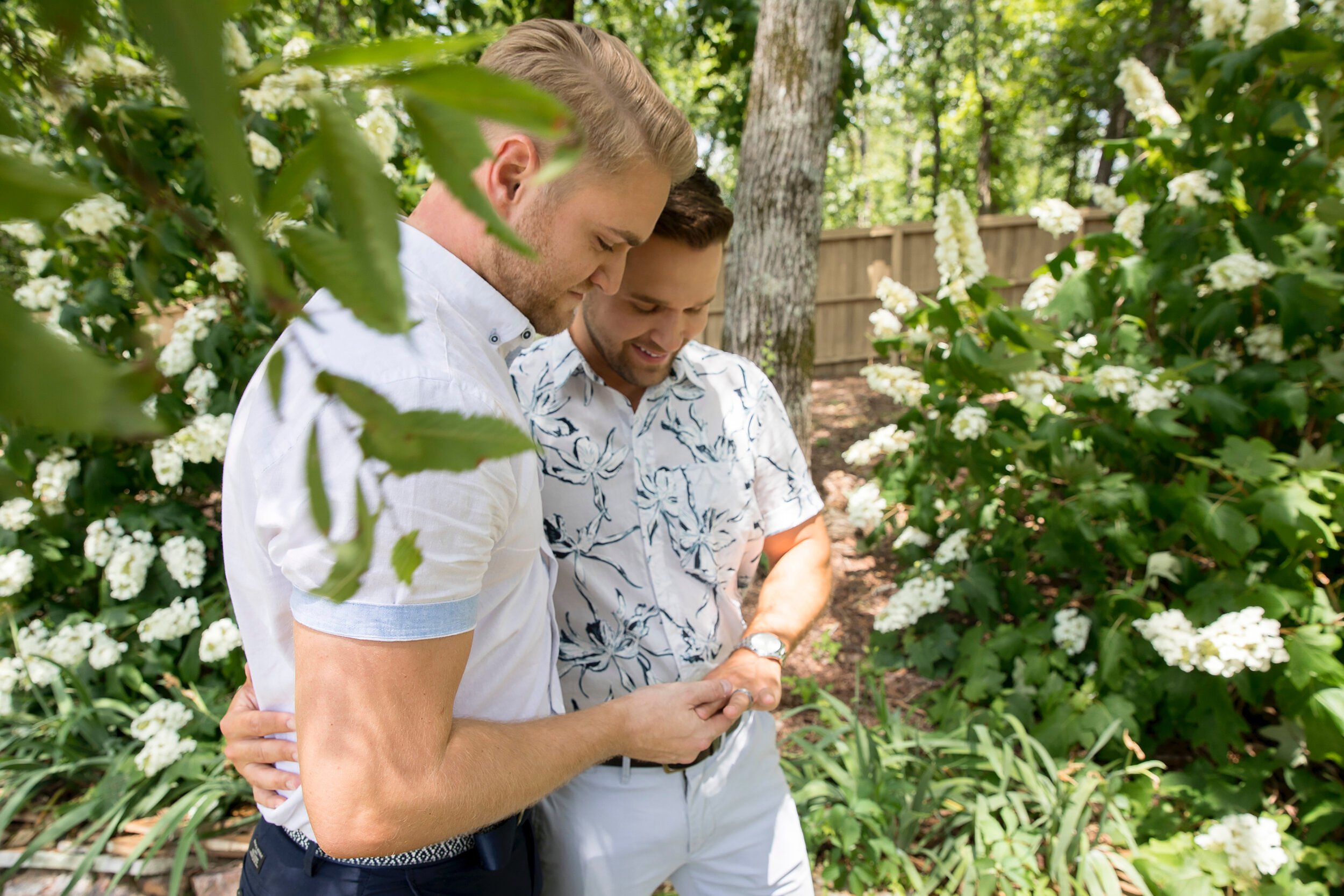
10 Steps to a Successful Marriage-Based Green Card Application
A marriage-based green card grants permanent residency to the spouse of a U.S. citizen or green card holder allowing them to live and work in the United States. What are the steps in the green card process?

Top 10 FAQ on Marriage-Based Green Card Applications
What documents do I need to submit with my marriagebased green card petition? What questions will I be asked during the green card interview? How much do I need to make in order to file a green card petition for my spouse? I received a green card through marriage, when can I apply for citizenship? My spouse and I have divorced. Can I still continue with the green card process? Find out the answer to these and other frequently asked questions regarding marriage-based green card applications in our FAQ blog post.

Form I-751: Removal of Temporary Conditions for 2-year Conditional Green Card (Conditional Residence)
A conditional permanent resident receives a green card valid for 2 years. In order to remain a permanent resident, a conditional permanent resident must file a petition to remove the condition during the 90 days before the card expires. The conditional card cannot be renewed. The conditions must be removed or you will lose your permanent resident status.

FAQ: What is a second marriage-based green card interview called a Stokes Interview?
A Stokes interview is very different from a regular first interview. It is a second green card interview for marriage-based applicants where the petitioner and beneficiary are interviewed separately to determine whether they have a bonafide marriage.

What happens after I-130 approval? What is consular processing?
Form I-130 is used by a U.S. citizen or lawful permanent resident (LPR/green card holder) to apply for permanent residency for a qualifying relative who wishes to live and work in the United States and get a Permanent Resident Card (also called a Green Card). Read our FAQ discussing what happens next after the I-130 is approved for those with relatives abroad, the document review/gathering at the National Visa Center (NVC) and the consulate interview.

FAQ: What is an affidavit of support? What are the obligations of an immigrant sponsor?
Form I-864, Affidavit of Support (https://www.uscis.gov/i-864), is a contract an individual signs agreeing to use their financial resources to support the intending immigrant named on the affidavit. Who can be a sponsor? What are their obligations? Find out in our FAQ.

What documents are required when proving a bonafide marriage?
U.S. immigration law allows a U.S. citizen or permanent resident (green card holder) to file an immigrant petition to bring their spouse to live in the United States as a permanent resident. Many of our clients ask what type of documentation they need to show the U.S. Citizenship and Immigration Services (USCIS) to prove their family relationship. Here are our recommendations.

How do you prove Extreme Hardship in immigration waiver applications?
Immigration officers may waive or forgive these inadmissibilities as a matter of discretion for those who demonstrate extreme hardship to qualifying relatives, such as specified U.S. citizen or legal permanent resident, LPR (Green Card Holder) family members.

What is an immigration waiver? How does it help in green card applications?
An immigration waiver or Application for Waiver of Grounds of Inadmissibility is an application made by a green card applicant who is otherwise inadmissible on one or more grounds. The application "forgives" the person's inadmissibility and is submitted to the consular office, U.S. Citizenship and Immigration Services office or immigration court considering the applicant's green card or immigrant visa application.

Humanitarian Reinstatement: When a Petitioner Dies
What will happen to my immigrant petition if the petitioner dies before I get my green card? Will I lose the petition?

Solicitando para el Perdon Provisional por Presencia Ilegal
El Perdón Provisional por Presencia Ilegal es para familiares inmediatos de Ciudadano Americanos o residentes permanentes legales solicitando una residencia quienes no so elegibles para ajustar su estatus en los Estados Unidos porque ellos han acumulado mas de 180 días de presencia ilegal mentiras están en los Estados Unidos. Este perdón supera la barrera de presencia ilegal, permitiendo a los beneficiarios que regresen a los Estados Unidos después de su entrevista de la visa de inmigrante en al Consulado Americano en el extranjero. Descubra el proceso.

Applying for a Provisional Unlawful Presence Waiver
The Provisional Unlawful Presence Waiver is for immediate relatives of U.S. Citizens or Lawful Permanent Residents (LPRs) applying for a green card who are not eligible to adjust their status in the United States because they have accrued more than 180 days of unlawful presence while in the United States. This waiver overcomes the unlawful presence bar, allowing beneficiaries to return to the United States after their immigrant visa interview at a U.S. Consulate abroad.

What is the Provisional Unlawful Presence Waiver?
The provisional unlawful presence waiver allows immediate relatives of U.S. Citizens or Lawful Permanent Residents (LPRs) to overcome the unlawful presence bar, allowing them to return to the United States after their immigrant visa interview at a U.S. Consulate abroad.

